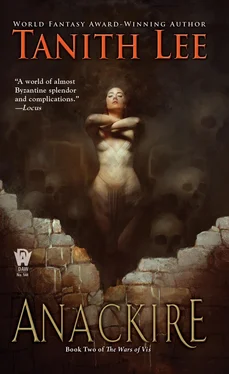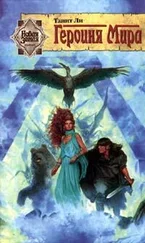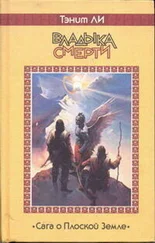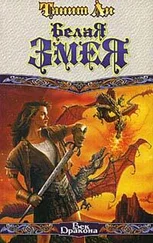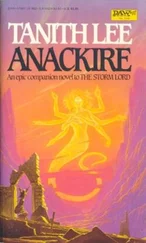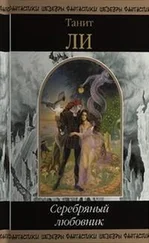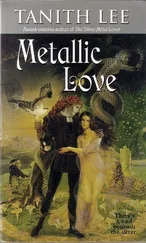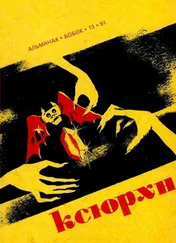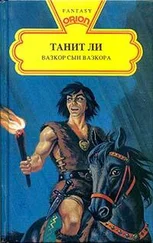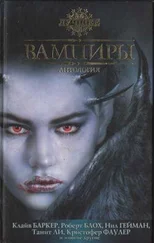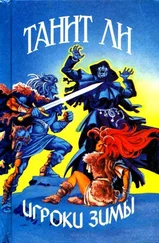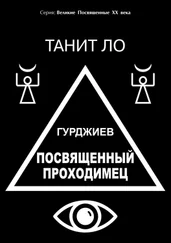Through a long window. Rem could look into the colonnade across the wide court below. Presently he saw Kesarh pass with the Prince-King. Emel was excited, giggling, his pale skin rosy.
Rem turned from the window with a grimace.
A few minutes later Kesarh entered, his darkness softened by the purple of Karmian mourning, worn for Suthamun as never for Val Nardia.
They went into an inner room.
As the doors closed, Kesarh altered. Rem recognized he was seeing the Prince’s private face, or some of it.
“Ankabek,” said Kesarh. “Do you remember, months ago?”
“Yes, my lord.”
“Tell me again what you told me that night.”
“You didn’t credit it, my lord.”
“No. Tell me again.”
So Rem told him, more fully than before, of the priestess, what she had said to him, and what he had been shown.
Kesarh let him go all through it, watching him. The private face was still, and dangerous. Afraid?
Rem concluded. There was a gap. Then Kesarh walked to a chest, unlocked it, took a paper. Turning, he held out the paper to Rem.
“Read it.”
Rem did so.
“They sent—”
“A man. Anonymous. He came to my sergeant and left this with him. It seems he knew the proper channels. How?”
“Not from me, my lord.”
“No. I didn’t think it was from you.”
“It says—”
“It says my child will be born at sunrise, on the day of the Lion-Feast, Shansarian calendar.”
“Nine mornings from today.”
“It would take at least seven days to get there. If anyone was fool enough to travel such a distance in the snow.”
“Which gives a day or so in hand for your lordship to make suitable excuses.”
“Doesn’t it. Judged to within a hair’s breadth. They obviously expect me to go.”
Rem kept silent.
Kesarh poured himself wine, then drained the goblet straight down to the dregs. He had drunk from the jug rather in that way at Tjis, after the serpent. His back was to Rem now. He said, “I want you here. Awake and alert for anything. Raldnor can play with Istris awhile. I hope for his sake he doesn’t get a taste for it. The Warden will cover my place. You’ll set your men where and how you have to, to see everything is done in fair order. And to take note of anything I might not care for. Is this clear?”
“Yes, sir.”
“How fortunate you were once the strategist-leader of a promising little band of cutthroats.” Kesarh turned again, smiling at him with great charm. “And how fortunate, too, you deserted them for me.”
Rem stood like a stone. The interview appalled him, for reasons he failed quite to grasp. Certainly Kesarh’s private face was gone now, simply the grayness left in it, which might only be reaction to the weather. Shansarian blood disliked the bitter temperatures of this clime. One recalled occasionally, he was part Shansar.
“I’ll be taking ten or twelve men. Enough to manage a boat. I’d rather have you with me. But in my absence, I need you here.”
Once again, the unerring stab of casual and deadly trust.
Gratuitously, Rem responded to its blazon.
Just then, an awful screaming broke out somewhere inside the walls. His hand went to his dagger but Kesarh pushed the hand free.
“It’s only that poor little bitch from Xai. They must have told her her child’s dead.” Kesarh hesitated. Something moved behind his eyes, and then was gone.
To make a journey to his sister’s grave was eccentric for the season, but pardonable, estimable, perhaps. It showed a certain naïveté.
He would never have done it, risked leaving his prize even in the lacuna of the snow, save something drove him. An absurdity. Though he knew she was dead, he had never known it. She lived on for him, somewhere, unextinguished. Ankabek was at odds with both these feelings—the certainty of her death, the intuitive rejection of her death.
Whatever grisly witchcraft they worked on her, he would end that. Or was she, somehow, impossibly alive again, as she had never been anything else? It rode with him, on his back like a devil, as the horse his regency had brought him thrust its way, often breast-high in whiteness, toward the coast.
By killing herself she had won his contempt, his horror and his hatred. Their telepathy, haphazardly conveyed from the Shansarian side, had remained undeveloped, yet it was there; from birth, a part of them. He did not recognize it, had never considered it. Even when he woke at Xai crying out, or after, when he recalled that wakening. Nevertheless, Val Nardia had forced him, through the fact of that telepathy, to participate in her death.
The guilt for her death was another matter. That he accepted, shrugging it behind him, branded by it.
For the rest of his days he would carry that, the mirror of her terrified flight whereby to see himself, what she had fled from.
They led him into an unimportant room under the temple.
“Well,” he said.
A Lowland woman stood before him. She seemed to be the one from Rem’s narrative, but she was not dressed as she had dressed for Rem. Her garments were plain, only the violet gem on her brow to indicate anything.
“My lord Prince,” she said, “you’re here in good time.”
“Tomorrow’s sunrise, according to your instructions. And if I’d been delayed?”
“It did not seem,” she said, “you would be.”
There was nowhere to sit. He leaned on the wall and the melting snow slid from the shoulders of his cloak. The trees had cast it down on him as he walked over the island, though the air was becalmed like the sea.
“I’d like to know your name,” he said conversationally.
“Eraz, my lord.”
“Ah. The name of the hero Raldnor’s foster mother.”
“I was born in Hamos.”
“The hero’s foster village. Now a large town, I gather.”
“A room has been prepared for you, in the precinct of the novitiate.”
Suddenly he remembered her himself. This was the bitch who had led him to his sister, like a veritable madam, that last night—“ How much do you want for this? Or is it to be a gift to the temple?” “The only gift which is required will be given.” He would have remembered sooner, but his eyes were dazzled from eight days’ snowscapes, aching from that and lack of sleep, his whole body dull with weariness.
“First,” he said, “I’d like to see my sister, the Princess Val Nardia.” He paused and said, without any expression, “Why did you tell Suthamun she was dead? To protect her?”
“She is dead, my lord.”
“Oh no. Dead women don’t bear.”
“I’m sorry to prolong your distress, my lord Prince—”
“Don’t worry about my distress. Worry about whether or not I decide to put your bloody temple to the torch.”
“No,” she said softly, “you won’t do that. You have built your reputation high in Karmiss. Such an unpopular deed would destroy all you had worked for.”
“All right. Just you, then. An official burning. Premature Lowland burial rites. When your unholy sorcery is exposed.”
“The Lord Kesarh doesn’t believe in sorcery.”
“That’s true. But you could try to convince me.”
“Then follow.”
So he let himself be led again. Yet when they got there, a curtain of figured gauze stretched midway across the room.
“No farther, my lord.”
“What’s to stop me, aside from the drapery?”
“Little. But you would kill your child.”
“Assuming I accept there is a child.”
“Assuming you accept there may be a child.”
It was possible to see through the gauze to a shadowed bed. What lay there was hidden. Incense braziers burned about the bed, as they had burned in the chambers outside. Priests had let them in, priestesses passed quietly up and down between the smokes and the flimsy screens of veiling. It had been exotic but insignificant. None of Rem’s deep-seated, passionless awe had communicated.
Читать дальше
